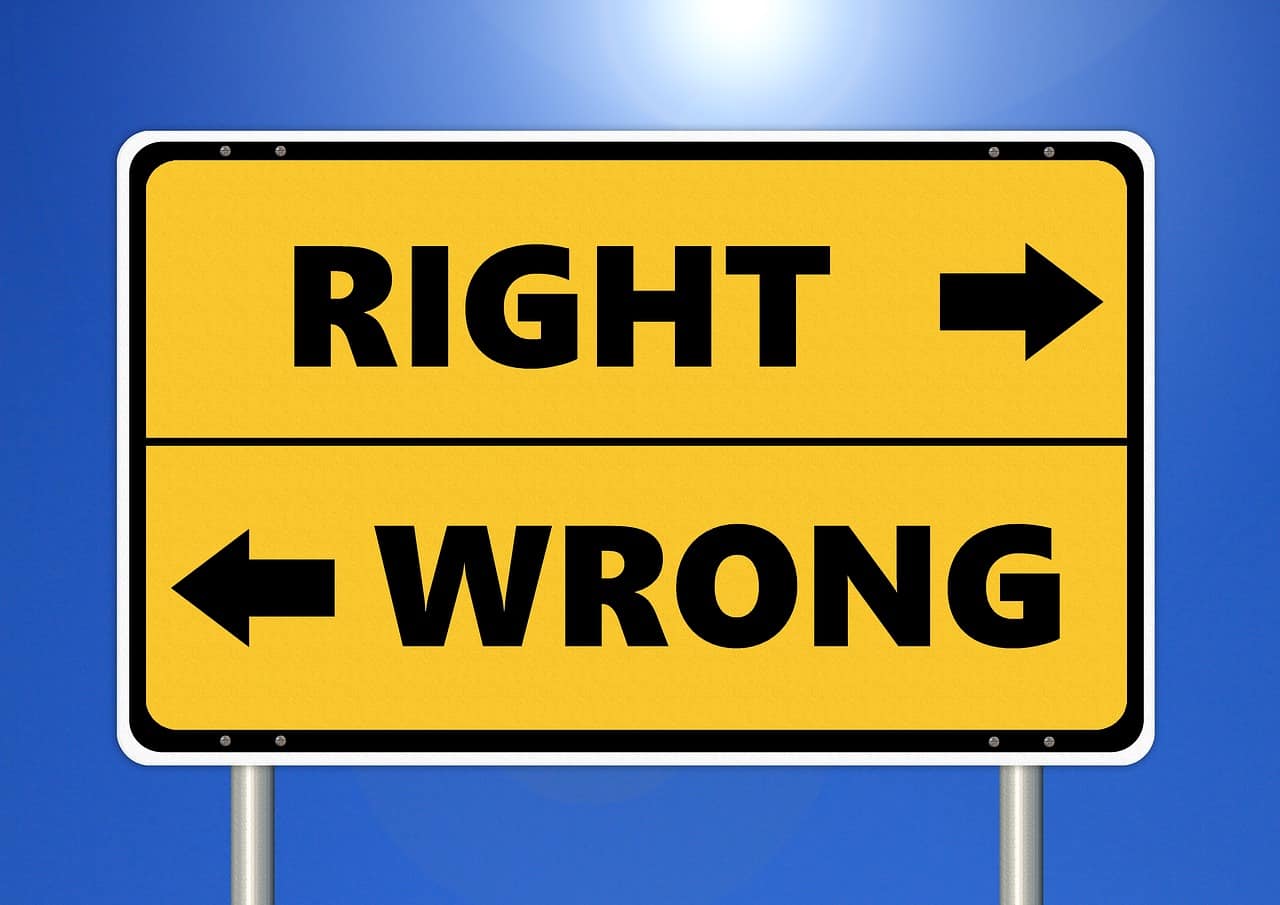
Act Like An Owner
by Michelle Bomberger | March 5, 2018Most of us don’t think about “ethics” in our business. We have policies and we expect our employees to be honest. If they violate the policies or are not honest, they could lose their jobs. An interesting question, though, is whether you actually would fire any given person for violating the policies or acting dishonestly. What if it’s your best employee and they fudged a time sheet or an expense report? What if your most challenging employee did the same thing? What if your “best” client (i.e. most revenue) regularly yells at your employees and treats them with disrespect? Often these are not black and white scenarios but more subjective and nuanced decisions that a business owner must consider.
From a legal perspective, there are two key issues which are more objective. First is the legal issue with consistent treatment of employees. You need to ensure that the disciplinary procedures that you take are consistently applied. When employees are treated differently for the same violation, you’re increasing your chances of a claim for discrimination. Also, there’s illegal activity. If an employee is acting illegally, you must take action.
Beyond the legal, though, the real challenge arises when the application of the policies or rules cost you money. The scenarios above may require that you fire your best employee or your best client because the behavior violates your company’s core values or ethical standards. his is where leadership and culture come in. Leadership and culture are the core of business ethics and without them, your business will have a lack of structure to define what’s “right” and “wrong” within the scope of the business. Decisions for any given business are driven by the owner, whether you realize it or not. Your employees should know based on your behavior and the values of the company how to make the “right” decision for the business. Without your guidance and values, they will have no grounding in what you would do and the more subjective decisions will be based entirely on their own background and experience and not that of you and your business.
Often business owners say they want employees to “act like owners”. To do so, they must have some guidance which comes from you. I heard a story from a client after one of our recent FOCUS events. He was the founder of the company and his adult children recently began working in the business. A project the company performed for a new client came in significantly more profitable than expected. The adult children were really pleased with the profit that came from the project. The founder, however, said they should refund the client the difference between the budgeted profit and the actual profit. The kids’ logic was that the client had approved the price and there was no way for the client to know what the profit was. The founder “won” and the client was informed that the project took less than expected and monies would be refunded. Needless to say, the client was pleased and has since turned into a large client of the company. Was there a “right” or “wrong” approach to this situation? Not really. But the founder’s position demonstrated the company’s values. The kids know the standard that the founder set and are able to communicate those values to employees and customers as they take the helm and lead the company forward.
Ethics is more than “legal vs. illegal”. Employees come to your company with prior experience that shapes their perspectives of right and wrong. You want to provide them with the information and tools – and role model – to make the “right” decision for your business based on what you value. If you are unclear or inconsistent in the application of values, they will be too because they won’t know what it means to “act like an owner”.